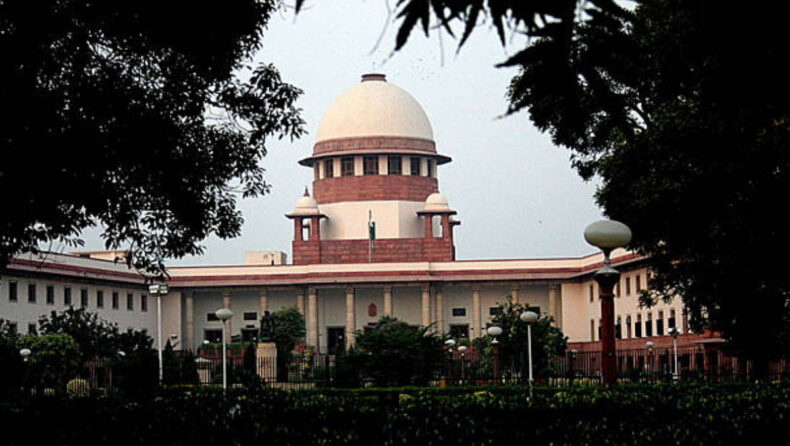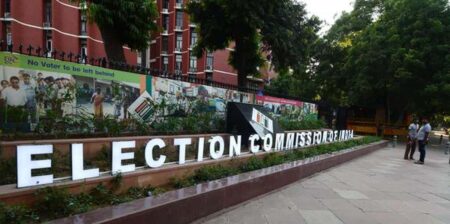Recently, V Senthil Balaji, a Tamil Nadu Minister, has appealed to the apex court against the order of the Madras High Court. The Madras High Court had recently held that he may be detained by the Directorate of Enforcement in relation to the cash-for-jobs scheme.
This special leave petition was filed on July 17 against the judgment of the Madras high court pronounced on July 14. This matter was listed before a division judge bench composed of Justice Nisha Banu and Justice Bhartha Chakravarthy. While hearing the case, there was a split decision. Justice Banu was of the opinion that the central agency must not be entrusted with powers to seek police custody under the PMLA (Prevention of Money Laundering Act). Justice Bhartha Chakravarthy believed that the petition is not maintainable as the ED was entitled to such custody.
Background
The minister was arrested by the ED last month for a scam during the term he served as Transport minister in the AIADMK Government. Following the arrest, the supreme court passed a direction staying the case against him. Subsequent to his arrest, his wife had filed a petition to the high court alleging that the detention of her husband was illegal.
The interim relief was denied by the court, but he was granted liberty to shift to the hospital after he complained of chest pain. Thereafter, at the hospital, He had heart surgery while being held by the court. Although the ED appealed the Madras High Court’s decision to hear the habeas petition to the Supreme Court, the Top Court declined to get involved and chose to wait for the High Court’s ultimate ruling.
Ruling on the habeas corpus petition filed by Megala, the wife of the accused, the court had a split verdict and referred the matter to a third justice. Justice CV Karthikeyan ruled in favour of the ED. This event led to the filing of the present special leave petition.
Judgment of the High Court
Settling the difference in the opinion, Justice CV Karthikeyan held that it is impossible to dispute that ED can take custody of someone for additional investigation. In this instance, the respondent was entitled to custody. In this regard, I would concur with Justice Bharatha Chakravarthy’s justification. Referring to the judgment of the Vijay Madanlal case, the third judge observed that the respondents do not work for the police. Nowhere in the Act have they ever been referred to as police officers. The respondents are unable to refute or challenge this claim of the skilled counsel.
The third judge further noted that if there are grounds to suspect that a person has committed any offence that is punishable by the Act, ED authorities are permitted to arrest them under Section 19 of the PMLA. The judge, further, emphasized the importance of the word “punishable” and noted that once the word “punishment” is used, the provisions of the CrPC will be in effect. The person who was arrested will have to submit to the rules of the trial, which must follow the CrPC procedure.
In addition to this, the court rejected the argument that the procedure was not followed. It was alleged by the petitioner that the ground of arrest was not informed. The court, here, noted that Money laundering is not a one-off crime with no associated history. Since June 13, the respondents have been at his doors. He ought to have known the explanation. He cannot assert his innocence.













